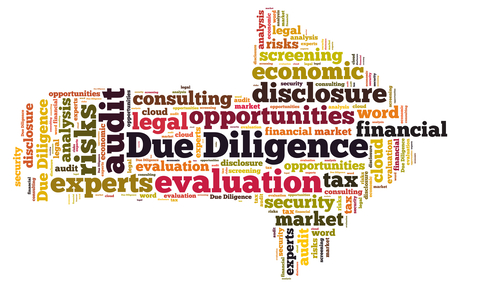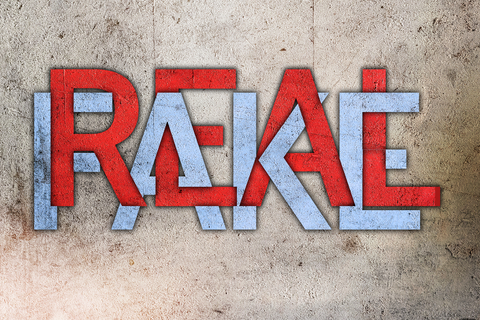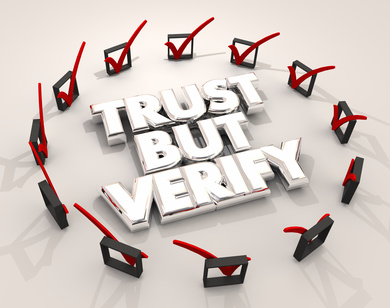What is due diligence?
In looking over past blog posts, I’ve realized that I frequently write about due diligence, but I’ve never really explained what it is. Also, judging by the questions I get, there are lots of misconceptions about what it really is, what it’s used for, and why someone would bother taking this step. So, what follows is my quick guide to due diligence.
What is due diligence?
You’ll find lots of definitions of due diligence. This one from Wikipedia seems to explain it fairly well:
“Due diligence is the investigation or exercise of care that a reasonable business or person is expected to take before entering into an agreement or contract with another party, or an act with a certain standard of care. It can be a legal obligation, but the term will more commonly apply to voluntary investigations.”
Note that it says before, and the key is to avoid any issues by starting early.
What are the different types of due diligence?
Due diligence covers a broad range of activities, including – but not limited to:
- Operations – Reviewing the inner workings of a target company in order to make sure they fit into your company’s structure. Generally, this looks at governance, compliance, controls, and other processes.
- Legal – Collecting, understanding, and assessing all the legal risks associated with an acquisition or other business transaction. This can help with determining a purchase price or the feasibility of legal teams working together.
- Financial – This is what most people think of when they hear the term due diligence. It’s the investigation and analysis of financial statements, projections, capital expenditure plans, inventory, debtors and creditors, and more.
- Intellectual property – Determining the value of a company’s patents, trademarks, copyrights, domain names, and even social media handles. Usually done to prepare for a merger or acquisition.
- Market/commercial – Understanding a company’s current and projected performance. Generally conducted by gathering data from industry experts, competitors, customers, suppliers, and other third-party market participants.
- Vendor – Gaining assurance that a vendor or potential vendor is financially stable and ethical and that its corporate structure is sound. Obviously, this helps to avoid any issues with getting what you’ve paid for.
- Background investigations – Conducting a deep investigation of companies and key individuals. The purpose is to identify any past fraud or potential for fraud and to determine whether or not you would consider entering a business relationship.
When should I conduct due diligence?
Due diligence is used by smart business people in a variety of industries and situations, including and, again, not limited to:
- Investments
- Mergers and acquisitions
- New partnerships
- Risk management
- Vendor, supply alliances
- Vetting expert witnesses
- Nonprofit donor research
- Real estate transactions
What’s involved with conducting due diligence?
Basically, the purpose of due diligence is to make sure that companies and individuals are who they say they are and to discover any problems before they become an issue for you. With due diligence, your goals are to:
- Confirm all supplied information
- Uncover any missing information
- Reconcile any inconsistencies
- Identify warning signs
Once this is done, the next step is analysis. What do your findings mean to you and your goals? How do they fit with your level of risk? This is the point where you might discover knowledge gaps, and you’ll need to gather more information.
Due diligence takes some extra time and money, but it will make you smarter and help you avoid any regrets. Take a proactive approach, and don’t skip this step.



